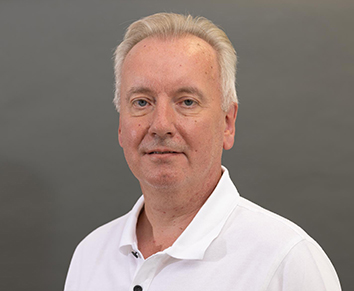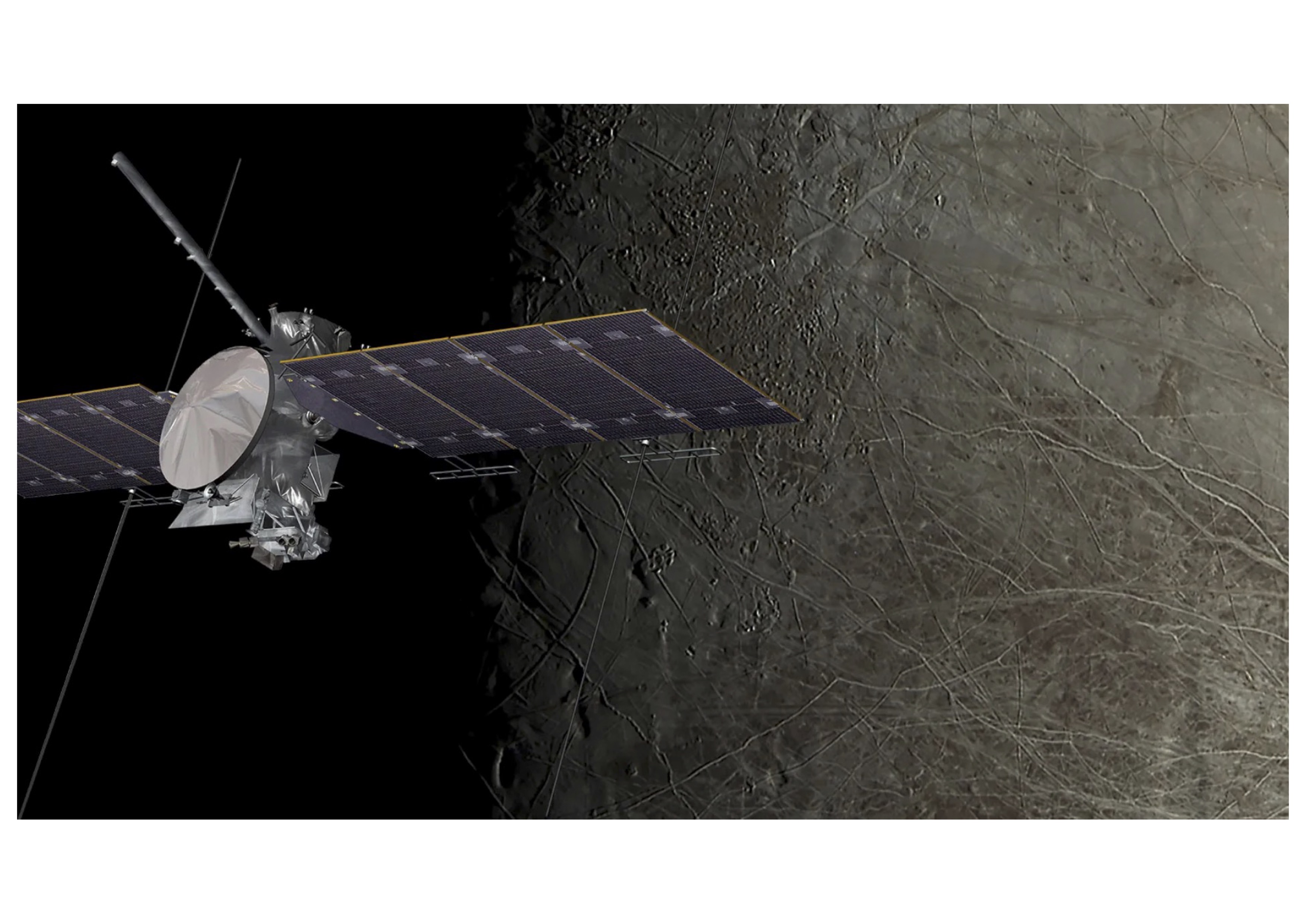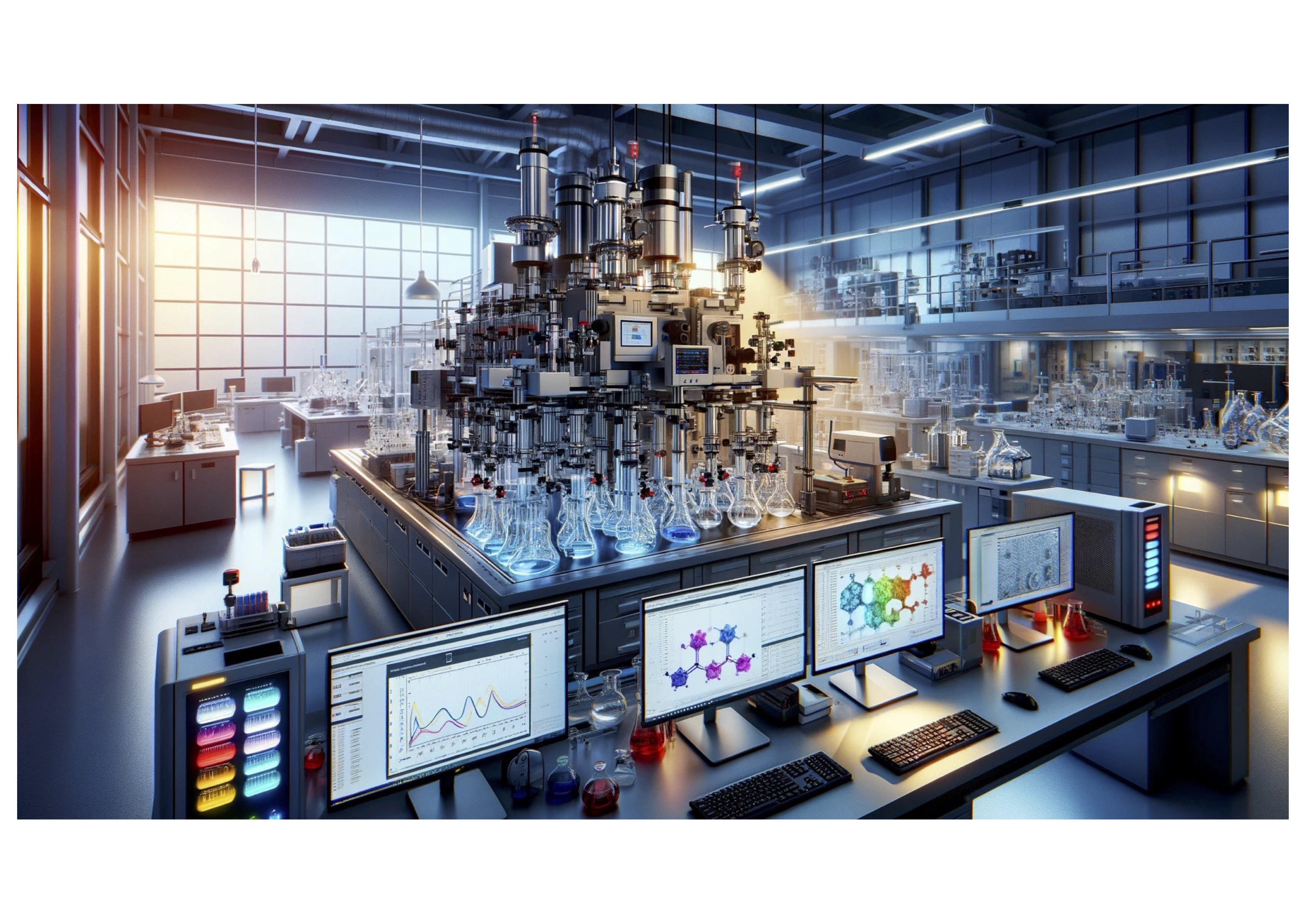Mission
The Abel group with a focus on "Physical Chemistry of Complex Systems and Technology" studies the physical and chemical properties of complex materials and systems, often at the intersection of chemistry, physics, and engineering. This multidisciplinary field aims to understand the fundamental principles governing the behavior and interaction of complex systems, and to apply this knowledge in developing new technologies and materials. Here’s an overview of the Abel group activities and the scientists involved: Nanomaterials and Nanotechnology: Study of materials at the nanoscale, focusing on their synthesis, characterization, and applications in areas like electronics, medicine, and energy. Surface and Interface Science: Examination of chemical reactions, properties, and phenomena occurring at surfaces and interfaces of materials, crucial for catalysis, sensor technology, and nanofabrication. Soft Matter and Colloidal Systems: Research on soft materials such as polymers, gels, and colloids, exploring their structure, dynamics, and applications in drug delivery systems, food science, and materials science. Quantum Chemistry and Computational Modeling: Use of computational methods to understand the electronic structure, dynamics, and reactions of complex systems at the quantum level. Spectroscopy and Dynamics: Advanced spectroscopic techniques to investigate the dynamics of chemical reactions, energy transfer processes, and the structural properties of complex systems. Energy Conversion and Storage: Development of materials and technologies for efficient energy conversion and storage, including solar cells, batteries, and fuel cells.Activities & Projects
Basic and Applied Research: Scientists conduct both fundamental research to understand the principles of physical chemistry in complex systems and applied research to develop new materials, processes, or technologies with practical applications.Material Development: Design and synthesis of new materials with enhanced properties or functionalities for specific technological applications.
Instrumentation and Method Development: Development of new analytical techniques and instruments to study complex systems more effectively.
Collaborations with Industry: Partnerships with industry to translate research findings into commercial technologies, products, or processes.
The Abel group and labs serve as a hub for interdisciplinary research, where scientists collaborate to tackle complex challenges in science and technology, leading to innovations in materials science, energy, electronics, and beyond.
Featured Research (March/April):

Read More

Read More

Read More
About Us

Within its ambit, a sub-group dedicated to Chemical Sensing and Space Chemistry Technologies is developing sophisticated chemical sensors and instruments for space exploration. Its scientists are engaged in the design and optimization of devices capable of withstanding the extreme conditions of space to analyze and understand the chemical composition of celestial bodies, contributing significantly to our knowledge of the universe and the search for extraterrestrial life.
Another integral part of the Abel work group, the Microfluidics and Mass Spectrometry group, is pushing the boundaries of analytical chemistry by miniaturizing laboratory processes and enhancing the sensitivity and specificity of chemical analysis. This team's work is crucial for advancing diagnostics, environmental monitoring, and the detailed study of complex chemical systems, leveraging the precision of mass spectrometry and the efficiency of microfluidic technologies.
Meanwhile, the Energy Conversion team focuses on the innovation and improvement of fuel cell technologies. By developing new materials, optimizing catalysts, and advancing hydrogen production and storage methods, this group aims to make fuel cells a more viable and sustainable energy source. Their research addresses the need for clean energy solutions by enhancing the efficiency, reducing the costs, and improving the durability of fuel cell systems for a variety of applications, including transportation, stationary power generation, and portable electronics.
Collectively, the Abel group aims at making significant contributions to the advancement of science and technology. By addressing fundamental questions in chemistry and applying their findings to solve practical problems, the group is not only expanding the frontiers of knowledge but also playing a crucial role in the development of sustainable technologies and the exploration of space, marking it as a key player in shaping the future of scientific research and its application in society.




